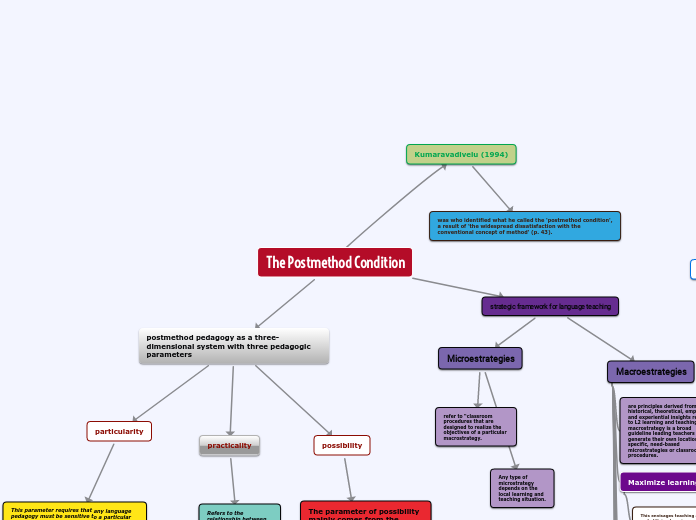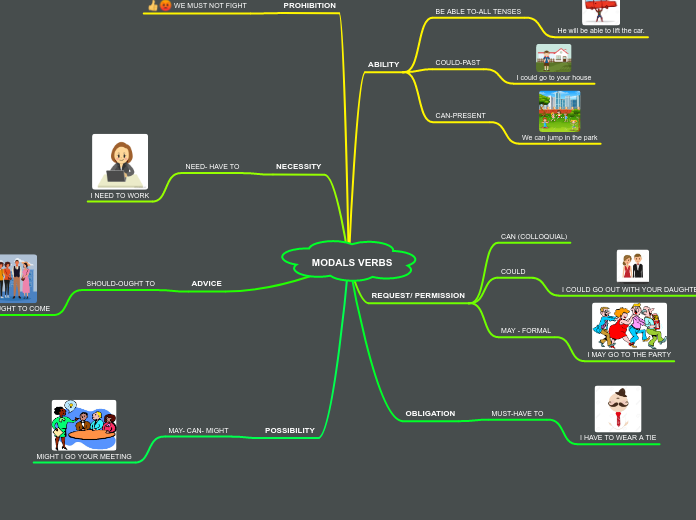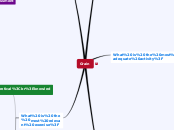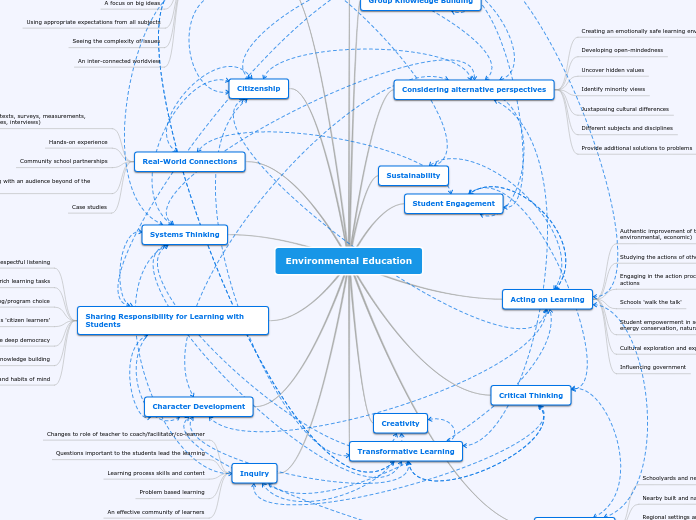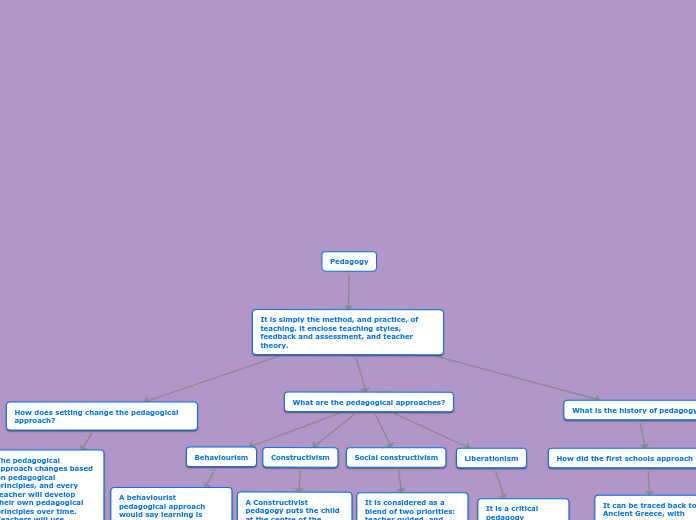Topic flotante
The Postmethod Condition
strategic framework for language teaching
Microestrategies
Any type of microstrategy depends on the local learning and teaching situation.
refer to “classroom procedures that are designed to realize the objectives of a particular macrostrategy.
Macroestrategies
Raise cultural consciousness.
This stresses the need to treat learners as cultural
informants so that they are encouraged to engage in a process of classroom participation that puts a premium on
their power/knowledge.
Ensure social relevance.
This stresses the need for the teacher to be sensitive to the societal, political, economic, and educational environment in which L2 learning and
teaching takes place.
Integrate language skills.
This refers to the need to holistically integrate language skills traditionally separated and sequenced as
listening, speaking, reading, and writing.
Contextualize linguistic input.
This highlights how language usage and use are
shaped by linguistic, extralinguistic, situational and extrasituational contexts
Activate intuitive heuristics.
This stresses the importance of providing rich
textual data so that learners can infer and internalize underlying rules governing grammatical usage and
communicative use.
Forster language awareness.
This involves any attempt to draw learners’ attention
to the formal and functional properties of their L2 in order to increase the degree of explicitness required to
promote L2 learning.
Promote learner autonomy.
This refers to helping learners learn how to learn, equipping them with the means necessary to self-direct and self-monitor
their own learning
Facilitate negotiated interaction
This means the
meaningful learner-learner, learner-teacher classroom interaction where learners are entitled and encouraged to
propose topic and initiate talk, not merely react or respond.
Minimize perceptual mismatches
This stresses the recognition of potential perceptual mismatches between intentions and interpretations of the
learner, the teacher, and the teacher educator.
Maximize learning opportunities
This envisages teaching as a process of creating
and utilizing learning opportunities. The teacher is seen both as a creator of learning opportunities for his
learners and the utilizer of learning opportunities created by learners.
are principles derived from historical, theoretical, empirical, and experiential insights related to L2 learning and teaching. A macrostrategy is a broad guideline leading teachers to generate their own location-specific, need-based microstrategies or classroom procedures.
postmethod pedagogy as a three-dimensional system with three pedagogic parameters
possibility
The parameter of possibility mainly comes from the educational philosophy of the Brazilian, Paulo Freire. The awareness learners bring to pedagogical settings are not only influenced by what they learn from the classroom but also are cultured by a social-economic and political environment in which they grow up. Such awareness may be changed pedagogic practices in ways unintended and unexpected by policy planners, curriculum designers, or textbook compilers.
practicality
Refers to the relationship between theory and practice and the practice of classroom teaching. If the theory and practice are
separated, and the theorist’s role is greater than the teacher’s, then it means that the teacher’s potential to
generate theories from practice and her/his potential to put theories into practice are overlooked.
particularity
This parameter requires that any language pedagogy must be sensitive to a particular group of teachers teaching a particular group of learners pursuing a particular set of goals within a particular institutional context embedded in a particular sociocultural milieu.
Kumaravadivelu (1994)
was who identified what he called the 'postmethod condition', a result of 'the widespread dissatisfaction with the conventional concept of method' (p. 43).
